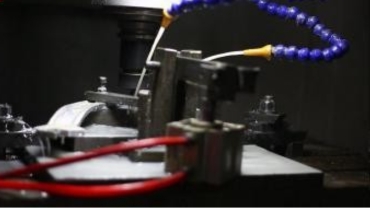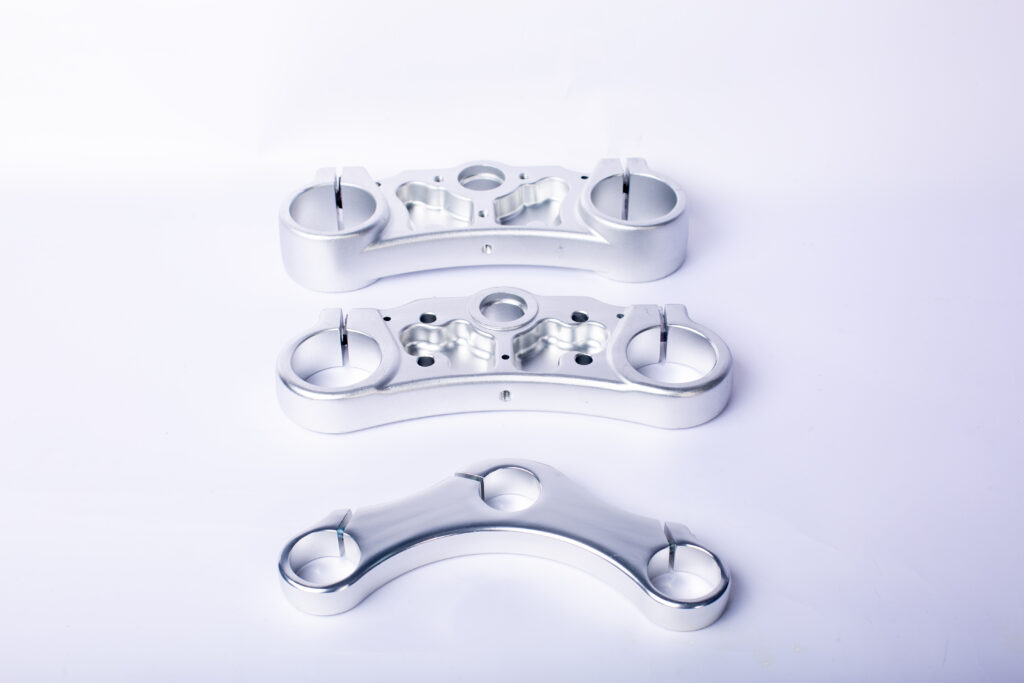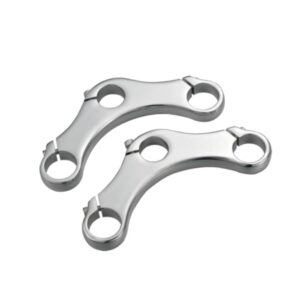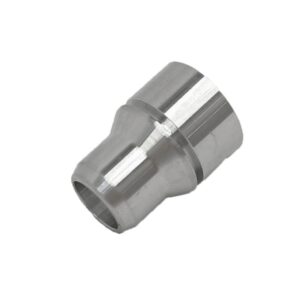Aluminum machining is a pivotal process across industries like aerospace, automotive, and electronics, where the precision and lightweight properties of aluminum are critical. Understanding the cost breakdown of aluminum machining can help companies optimize expenses while achieving high-quality parts. Here’s a look at how MINGYU Tech approaches aluminum machining costs and strategies to keep them manageable without compromising quality.

Key Factors Influencing Aluminum Machining Costs
- Material Costs
- Raw Aluminum: The cost of raw aluminum varies, averaging between $2.50 to $3.00 per pound. However, different aluminum grades (such as 6061, 7075, or 2024) can fluctuate, impacting the overall project budget.
- Waste and Scrap: During machining, around 20-40% of the aluminum is often removed as scrap, which can drive up material costs. Choosing efficient machining methods can reduce waste, ultimately saving on materials.
- Machining Time
- Hourly Machine Rate: The cost per hour for CNC machining typically ranges from $60 to $150, depending on machine capability, complexity of the part, and the specific equipment used.
- Setup Time: Initial setup times for aluminum machining can range from 30 minutes for simple parts to over 2 hours for complex or multi-axis machining projects. At MINGYU Tech, we focus on reducing setup times by using modular fixtures, saving up to 20% of setup costs.
- Tooling and Cutting Tools
- Tool Costs: High-speed cutting tools, especially those with specialized coatings for aluminum, range from $30 to $100 per tool. With frequent tool replacements needed for high-tolerance parts, tooling costs can quickly add up.
- Tool Wear: Aluminum’s high thermal conductivity can wear down tools, especially at higher speeds. MINGYU Tech uses durable carbide tools with high-performance coatings, reducing replacement frequency and cutting tooling costs by up to 15%.
- Labor and Programming
- Programming: Complex parts require more advanced programming, usually costing around $50 to $120 per hour for programming labor. At MINGYU Tech, we utilize skilled programmers and efficient software to streamline this process, aiming to save around 10% on programming costs.
- Operator Labor: Skilled CNC operators usually earn between $20 to $35 per hour. Projects that require constant monitoring can increase labor costs, so reducing manual intervention can help control these expenses.
- Secondary Operations
- Surface Finishing: Finishing processes such as anodizing, polishing, or sandblasting are common in aluminum machining. Anodizing, for example, can range from $0.10 to $0.20 per square inch, depending on thickness and color.
- Heat Treatments: Heat treatments can enhance aluminum’s durability but add $1.50 to $2.00 per pound. MINGYU Tech offers in-house surface finishing and limited heat treatments, helping clients reduce costs by avoiding third-party services.
- Overheads and Miscellaneous Costs
- Utilities and Maintenance: Machining requires a significant amount of power, and specialized machines come with maintenance costs, contributing to around 10-15% of total project expenses.
- Software and Technology: High-quality machining software costs can be a hidden expense, but at MINGYU Tech, we invest in advanced CAD/CAM solutions, reducing error rates and improving machining speeds.

Cost Breakdown Example: A Hypothetical Aluminum Machined Part
For a specific part using 6061 aluminum alloy with moderate complexity, the breakdown might look like this:
| Cost Category | Cost |
|---|---|
| Raw Material (1 lb) | $2.75 |
| Machining Time (2 hrs) | $120 |
| Setup Time | $30 |
| Tooling | $40 |
| Labor | $60 |
| Finishing (Anodizing) | $15 |
| Miscellaneous Overhead | $25 |
| Total | $292.75 |
How to Save on Aluminum Machining Costs
- Optimize Machining Parameters
- Speeds and Feeds: Adjusting the speeds and feeds can improve cutting efficiency and reduce machining time. MINGYU Tech uses software simulations to identify optimal parameters, cutting machining time by 10-15%.
- Minimize Setup Times: Setting up modular fixtures and custom jigs can reduce setup times by as much as 25%, allowing for quicker transitions between projects.
- Use High-Quality Tooling for Longevity
- By investing in durable, coated carbide tools, MINGYU Tech has found that they can extend tool life and avoid frequent replacements. While high-quality tools cost more upfront, they can reduce tooling expenses by up to 20% over time.
- Plan for Batch Production
- Machining in batches rather than one-off parts can significantly lower the per-part cost by reducing setup and tooling times. MINGYU Tech encourages batch production for clients with high-volume needs, lowering per-part costs by around 15-20%.
- Outsource Finishing to In-House Solutions
- Using in-house finishing processes can reduce third-party costs. At MINGYU Tech, we handle common finishes like anodizing and sandblasting, saving clients around 5-10% on total costs.
- Improve Programming Efficiency
- Reducing the complexity of tool paths can minimize both programming and machining time. MINGYU Tech invests in efficient CAD/CAM software and programming talent to streamline tool paths, decreasing programming-related costs by 10%.
- Invest in Preventive Maintenance
- Regular maintenance on machinery prevents unexpected breakdowns, keeping productivity steady and avoiding costly repairs. MINGYU Tech’s preventive maintenance program helps reduce machine downtime, indirectly cutting machining costs by approximately 5%.

Conclusion
Aluminum machining can involve substantial costs, but with a well-organized approach, these can be managed effectively. At MINGYU Tech, we focus on optimizing every phase of the machining process—from material selection to finishing—to help our clients achieve high-quality results at competitive prices. By implementing strategic cost-saving measures, we ensure that our clients receive the best value while maintaining uncompromised quality.



